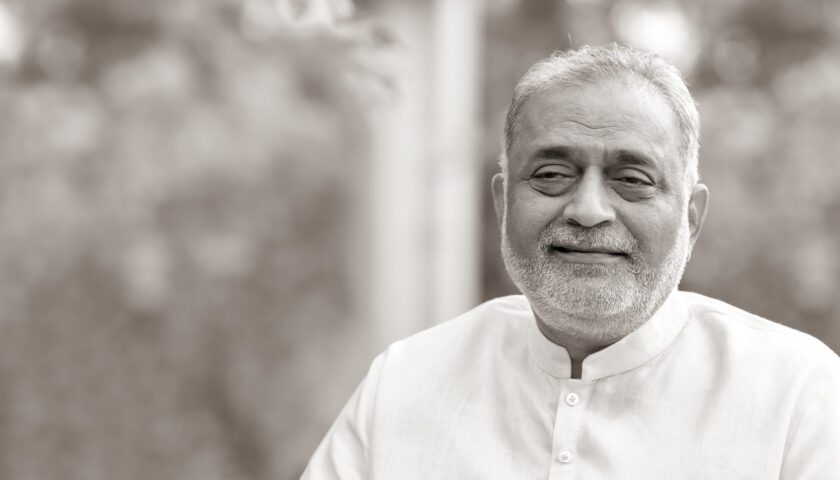Singh, Vice- Chairperson, PRAGATI.
Mental Health Awareness Month encourages wellness and the importance of managing mental health. The goal is to raise awareness about mental illness and to reduce the stigma that surrounds it. Mental health is an essential part of our overall well-being and has a significant impact on our relationships, productivity, and ability to adapt to change and cope with adversity. Changes in mental health and signs of distress in young people can show up in many ways. Some examples of mood changes are irritability, anger and withdrawal. Other signs can be changes in their thoughts, appearance, performance at school and sleeping or eating patterns. Anxiety problems, behaviour problems and depression are the most commonly diagnosed mental disorders in children.
What we know is that depression and anxiety have increased over time. And keep in mind that, for adolescents, depression, substance use and suicide are important concerns. Normalizing caring for and seeking help with mental health is a gift we can give ourselves and the next generation. We all need mental health support at many times in our lives; what a gift it would be if accessing that help were viewed as just part of normal life. We see this in grief all the time: No one wants to allow people to be sad. We seek to fix instead of listen. We pressure grieving people to “get over it” to make others more comfortable.
We set the definition of success after a traumatic event as “returning to normal,” even when returning to a past normal is impossible. The truth is we are always changed by the challenges we overcome, and integrating what we’ve learned about ourselves in the aftermath is one of the key elements of building resilience. When we stigmatize mental health care, we create an environment that ensures that the people who most need help will suffer alone. Stigma often exists because of negative stereotypes or myths. For example, some people might believe that treatment does not help. However, mental health conditions such as anxiety are very treatable, but only 36% of people go to get help. Others believe that anxiety just happens, or that it is very uncommon.
This, again, is untrue. Anxiety disorder it the most common mental health disorder in the metropolitan cities in India, and it is caused by several factors such as brain activity to genetics, to life events. Since the pandemic began, rates of psychological distress among young people have increased. The pandemic is most heavily affecting those who were already vulnerable. This includes youth with disabilities, racial and ethnic minorities, LBGTQ+ youth and other marginalized communities. Meditation helps to calm the mind. If you meditate starting from 10 minutes a day and gradually increase the time, your mind will be calm. Along with meditation, small exercises should also be done.
Simple breathing exercises for 10-15 minutes daily can help a lot. Also, Cognitive Behavioral Therapy (CBT) is recommended for people suffering from stress, depression and anxiety. CBT helps identify emotional reactions. Light exercises such as treadmill walking, cycling, swimming, jogging, stair climbing, brisk walking should be practiced for at least 30 minutes a day. One of the things that we underestimate as a society is how our global mental health impacts us as individuals. And we have seen it over and over again as daily we hear of cases of violence against women, and other forms of aggressive behaviour etc, “If the world has taught me anything, it has taught me to remember to be kind, do not judge what you cannot see”, Says Josphin. Pain is invisible. With all the craziness going on every day, breathe. It is okay to feel down, to feel overloaded, overwhelmed, sad, frustrated.
Try not to hold onto it. Seek help, talk to your family, friends, pastor, priest – talk to someone. And for those listening, really hear, pay attention, because sometimes the silence says more than the words. There is no shame to ask for help. It takes courage, and we all have it within us. It takes all of us to realize mental health needs to be talked about, not buried under the rug. We need open, honest conversations; we have a mental health crisis in this country that is only getting worse as we become more divided. Fear only adds to it. Mental health doesn’t just affect veterans and first responders; it can affect everyone.
Trauma is trauma, and enough repeated exposure changes the brain. There is hope, and there can be healing, but we all need to work together to help those who need our help. We need to stop the silence surrounding mental health and model healthy behaviors so that we can assist with support and help guide towards resources. We are not in this alone, nor are those suffering from mental health issues.So, reach out if you need help,or be there for someone who needs help.



